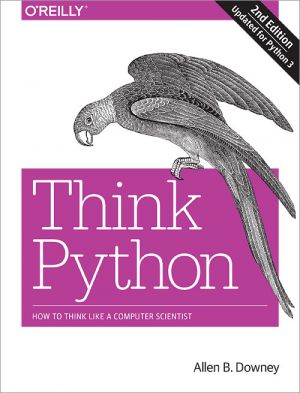
If you want to learn how to program, working with Python is an excellent way to start. This hands-on guide takes you through the language a step at a time, beginning with basic programming concepts before moving on to functions, recursion, data structures, and object-oriented design. This second edition and its supporting code have been updated for...
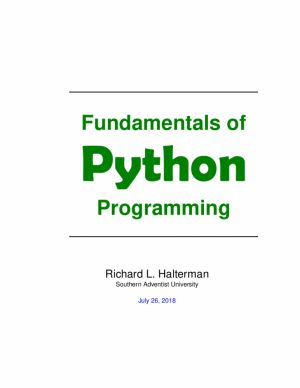
Guido van Rossum created the Python programming language in the late 1980s. In contrast to other popular languages such as C, C++ , Java, and C#, Python strives to provide a simple but powerful syntax.
Python is used for software development at companies and organizations such as Google, Yahoo, Facebook, CERN, Industrial Light and Magic, and NAS...
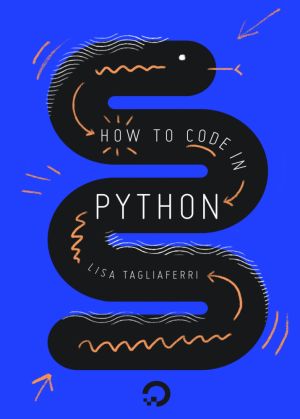
Extremely versatile and popular among developers, Python is a good general-purpose language that can be used in a variety of applications. For those with an understanding of English, Python is a very humanreadable programming language, allowing for quick comprehension. Because Python supports multiple styles including scripting and object-oriented ...
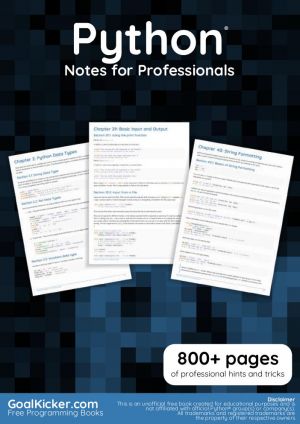
The Python Notes for Professionals book is compiled from Stack Overflow Documentation, the content is written by the beautiful people at Stack Overflow....
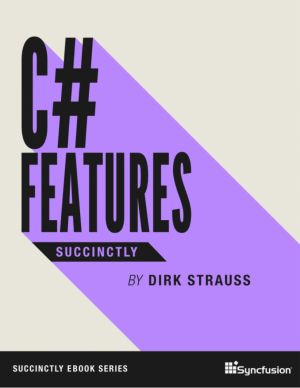
C# Features Succinctly is a concise guide to the significant features packaged in C# 7, 8, and 9. To help readers understand the evolution of the language, author Dirk Strauss first covers the important additions that arrived in version 7, such as tuples, pattern matching, and out variables. Next, he covers more than a dozen features in version 8, ...
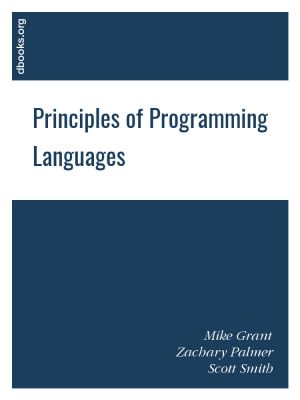
In this open book, our goal is to study the fundamental concepts in programming languages, as opposed to learning a range of specific languages. Languages are easy to learn, it is the concepts behind them that are difficult. The basic features we study in turn include higher-order functions, data structures in the form of records and variants, muta...
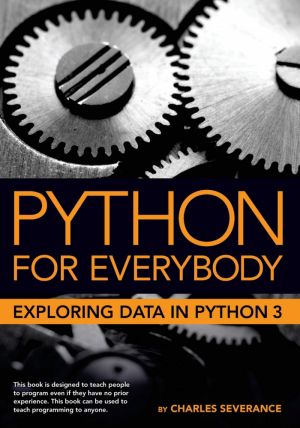
Python for Everybody is designed to introduce students to programming and software development through the lens of exploring data. You can think of the Python programming language as your tool to solve data problems that are beyond the capability of a spreadsheet. Python is an easy to use and easy to learn programming language that is freely availa...
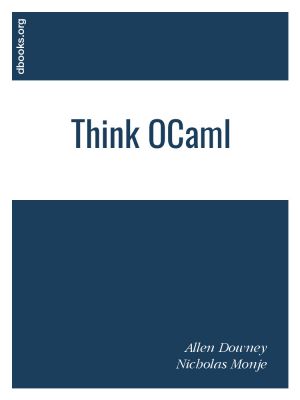
How to Think Like a Computer Scientist is an introductory programming book based on the OCaml language. It is a modified version of Think Python by Allen Downey. It is intended for newcomers to programming and also those who know some programming but want to learn programming in the function-oriented paradigm, or those who simply want to learn OCam...
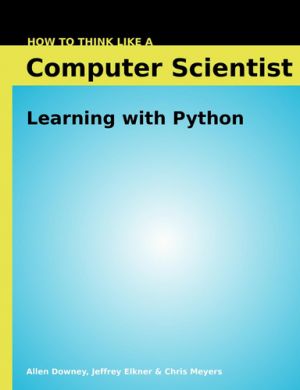
How to Think Like a Computer Scientist: Learning with Python - is an introduction to computer science using the Python programming language. It covers the basics of computer programming, including variables and values, functions, conditionals and control flow, program development and debugging. Later chapters cover basic algorithms and data structu...
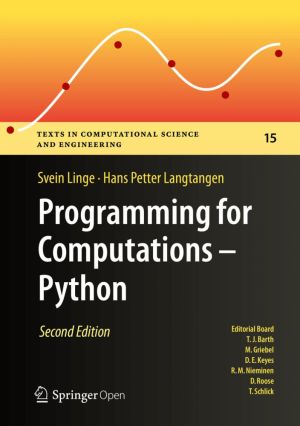
This book presents computer programming as a key method for solving mathematical problems. This second edition of the well-received book has been extensively revised: All code is now written in Python version 3.6 (no longer version 2.7). In addition, the two first chapters of the previous edition have been extended and split up into five new chapte...
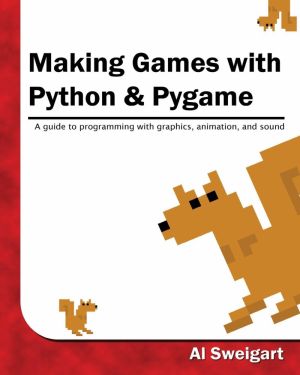
Making Games with Python & Pygame covers the Pygame library with the source code for 11 games. Making Games was written as a sequel for the same age range as Invent with Python. Once you have an understanding of the basics of Python programming, you can now expand your abilities using the Pygame library to make games with graphics, animation, a...
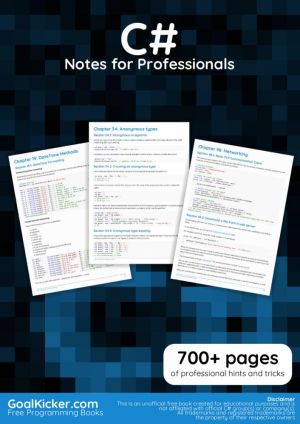
The C# Notes for Professionals book is compiled from Stack Overflow Documentation, the content is written by the beautiful people at Stack Overflow....
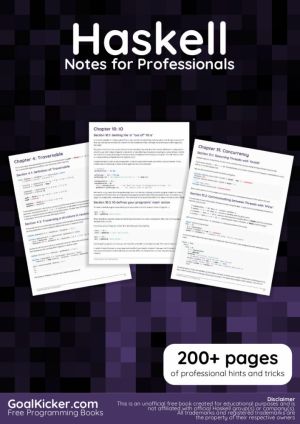
The Haskell Notes for Professionals book is compiled from Stack Overflow Documentation, the content is written by the beautiful people at Stack Overflow....
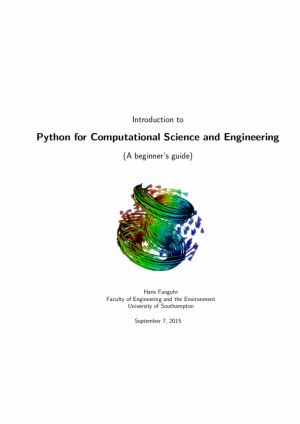
This book summarises a number of core ideas relevant to Computational Engineering and Scientific Computing using Python. The emphasis is on introducing some basic Python (programming) concepts that are relevant for numerical algorithms. The later chapters touch upon numerical libraries such as numpy and scipy each of which deserves much more space ...
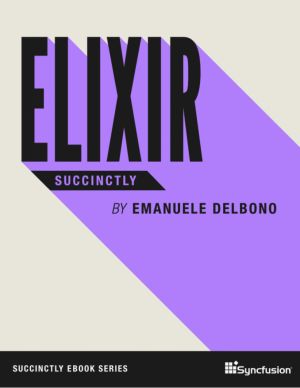
Author Emanuele DelBono guides readers along the first steps of mastering the Elixir programming language in Elixir Succinctly. Providing a brief overview of Elixir's history and purpose and clear instructions to create an app with Elixir, DelBono makes it easy for developers who wish to add a new language to their repertoire....
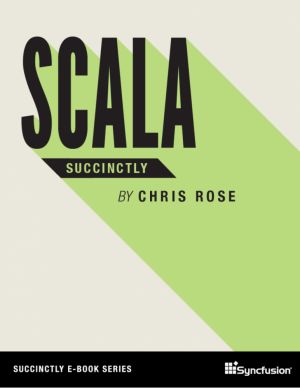
Learning a new programming language can be a daunting task, but Scala Succinctly makes it a simple matter. Author Chris Rose guides readers through the basics of Scala, from installation to syntax shorthand, so that they can get up and running quickly....
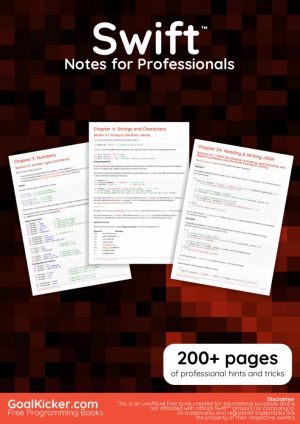
The Swift Notes for Professionals book is compiled from Stack Overflow Documentation, the content is written by the beautiful people at Stack Overflow....
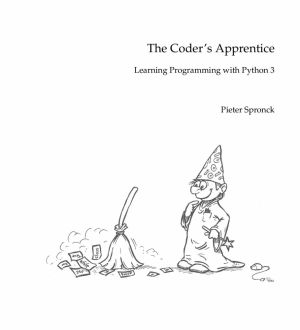
The Coder's Apprentice is a course book, written by Pieter Spronck, that is aimed at teaching Python 3 to students and teenagers who are completely new to programming. Contrary to many of the other books that teach Python programming, this book assumes no previous knowledge of programming on the part of the students, and contains numerous exer...
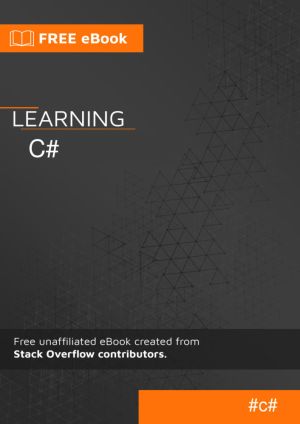
C# is a general-purpose, modern and object-oriented programming language pronounced as "C sharp". It is an unofficial and free C# ebook created for educational purposes. All the content is extracted from Stack Overflow Documentation, which is written by many hardworking individuals at Stack Overflow....
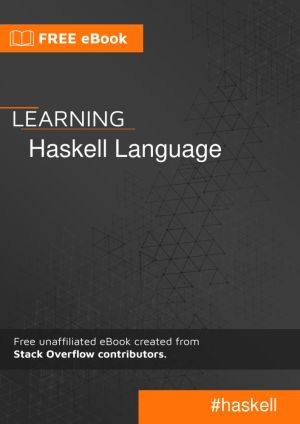
Haskell is a general-purpose, statically typed, purely functional programming language with type inference and lazy evaluation. It is an unofficial and free Haskell book created for educational purposes. All the content is extracted from Stack Overflow Documentation, which is written by many hardworking individuals at Stack Overflow....
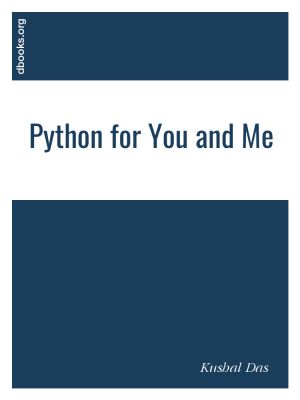
This is a simple open book to learn Python programming language, it is for the programmers who are new to Python.
Python is an interpreted, high-level and general-purpose programming language. Python consistently ranks as one of the most popular programming languages. Large organizations that use Python include Wikipedia, Google, Yahoo, CERN, NA...
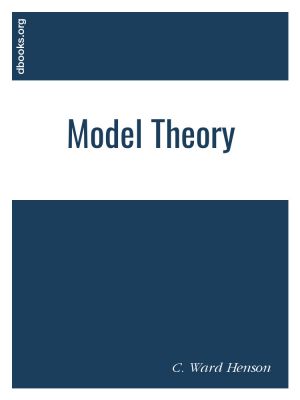
The purpose of the book is to give a thorough introduction to the methods of model theory for first order logic. Model theory is the branch of logic that deals with mathematical structures and the formal languages they interpret. First order logic is the most important formal language and its model theory is a rich and interesting subject with sign...
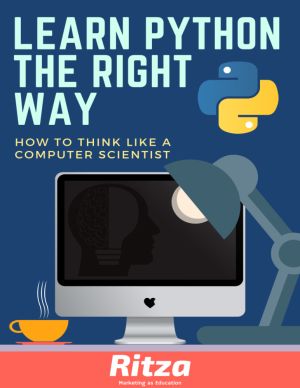
Python is a fun and extremely easy-to-use programming language that has steadily gained in popularity over the last few years. Developed over ten years ago by Guido van Rossum, Python's simple syntax and overall feel is largely derived from ABC, a teaching language that was developed in the 1980's.
However, Python was also created to s...

Julia is a high-level, dynamic programming language. Its features are well suited for numerical analysis and computational science.
Julia works with other languages (C, Python, R, Rust, C++, SQL, JavaScript, ...)
The Purpose of this open book is to introduce programmers to the Julia programming by example. This is a simplified exposition of the l...
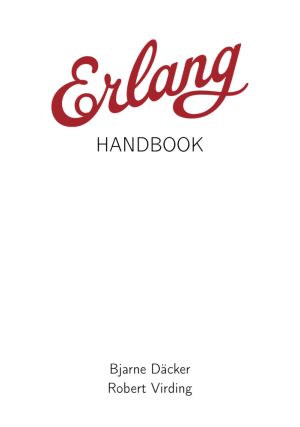
Erlang is the result of a project at Ericsson's Computer Science Laboratory to improve the programming of telecommunication applications. A critical requirement was supporting the characteristics of such applications, that include: massive concurrency, fault-tolerance, isolation, dynamic code upgrading at runtime, transactions.
Throughout t...
